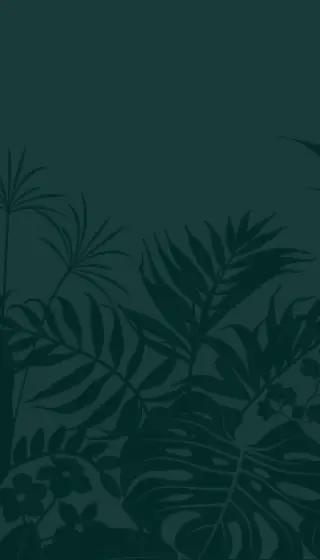



Brush wattlebird
The little wattlebird (Anthochaera chrysoptera ), also known as the brush wattlebird, is a passerine bird in the honeyeater family Meliphagidae. It is found in coastal and sub-coastal south-eastern Australia.
In zoology, a nectarivore is an animal that derives its energy and nutrient requirements from a diet consisting mainly or exclusively of the sugar-...
Te
TerrestrialTerrestrial animals are animals that live predominantly or entirely on land (e.g., cats, ants, snails), as compared with aquatic animals, which liv...
Oviparous animals are female animals that lay their eggs, with little or no other embryonic development within the mother. This is the reproductive...
No
Not a migrantAnimals that do not make seasonal movements and stay in their native home ranges all year round are called not migrants or residents.
L
starts withThe little wattlebird is a medium to large honeyeater, but the smallest wattlebird. The appearance is similar to the yellow wattlebird and the red wattlebird. The little wattlebird lacks the wattles, which characterise other members of the genus. Juveniles are duller with less streaking and have a browner eye.
Calls include a strident cookay-cok, a raucous fetch the gun, a mellow guttural yekkop, yekkop and many squeaky, musical lilting notes. The alarm call is a kwock or shnairt!.





The little wattlebird is found in banksia/eucalypt woodlands, heathlands, tea-tree scrub, sandplain-heaths, lantana thickets, wild tobacco, parks and gardens.

Little wattlebirds feed on nectar obtained with a long, brush-tipped tongue, adapted for probing deep into flowers. They also feed on insects, berries, and some seeds. Most feeding is done perched, but some insects are caught in mid-air. Birds may feed alone or in groups.
Breeding takes place from June to December. The female wattlebird generally constructs the nest, which is a loose, untidy cup of twigs, lined with shredded bark, and placed from 1 to 10 m high in the fork of a banksia, tea-tree or eucalypt sapling. 1-2 eggs are laid and may be spotted red-brown, purplish-red or salmon-pink in colour. The female incubates the eggs alone but both parents care for the young chicks.